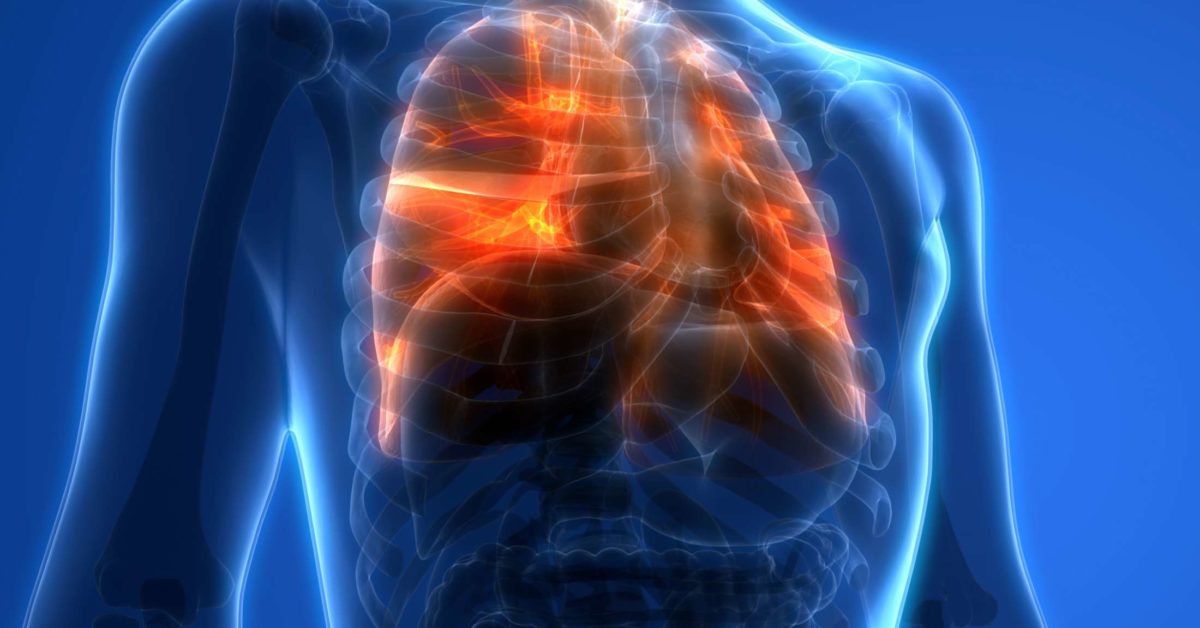Lungs do more than help us breathe a surprising discovery has found they also make blood the organ present in mammals is believed to produce more than 10 million platelets tiny blood cells per hour

Lungs: More Than Just Respiratory Organs, a Surprising Discovery Reveals Their Dual Role in Our Body’s Circulatory System

The human body never ceases to amaze us with its intricacies and hidden wonders. Just when we thought we knew everything about our organs, a surprising discovery has given us a whole new perspective on the functionalities of the lungs. While we have always associated lungs with respiration, it turns out they play a vital role in our body’s circulatory system as well, contributing to the production of blood.
An Astonishing Revelation: Lungs as Blood Producers

During a study conducted by researchers, it was observed that the lungs, which are present in mammals including humans, produce an astonishing number of platelets, also known as tiny blood cells. The findings revealed that the lungs are responsible for producing over 10 million platelets per hour, shedding light on their crucial role in maintaining a healthy circulatory system.
Platelets: The Unsung Heroes of Blood Clotting
Platelets are tiny disc-shaped cells that circulate within our bloodstream. They have a pivotal role in forming blood clots, which are essential for preventing excessive bleeding when a blood vessel is damaged. Moreover, platelets also promote tissue repair at the site of injury, aiding in the recovery process. With the lungs being a significant contributor to the platelet population, we now have a deeper understanding of their significance beyond respiration.
The Intricate Connection: How Lungs Produce Platelets
The discovery of lungs producing platelets raises intriguing questions about the connection between these two seemingly unrelated bodily functions. The researchers found that the lungs contain specialized cells called megakaryocytes, which are primarily responsible for platelet production. These megakaryocytes release platelets into the bloodstream, ensuring a constant supply of these essential blood cells.
Potential Implications: Expanding Our Medical Knowledge
This groundbreaking revelation about the lungs’ dual role serves as a gateway to further explore the complexities of our body’s functions. Understanding how organs interact and contribute to multiple systems can lead to significant advancements in medicine and healthcare. The newfound knowledge of lungs producing platelets opens doors for researchers to delve deeper into the mechanisms behind this process, potentially offering new insights into blood-related disorders and treatment strategies.
SEO Keywords: Lungs, blood production, platelets, respiratory organs, circulatory system, dual role, medical discovery, megakaryocytes, blood cells.
This surprising discovery has transformed our perception of lungs from being solely respiratory organs to playing a crucial role in blood production. Our lungs, alongside their well-known responsibility of supplying oxygen to the body, generate over 10 million platelets per hour. This revelation deepens our understanding of the complexity of the human body, unveiling the intricate interplay between our respiratory and circulatory systems. As scientists continue to unravel the mysteries of our organs, we gain valuable insights that may revolutionize the field of medicine.
Tags
Share
Related Posts
Quick Links
Legal Stuff

